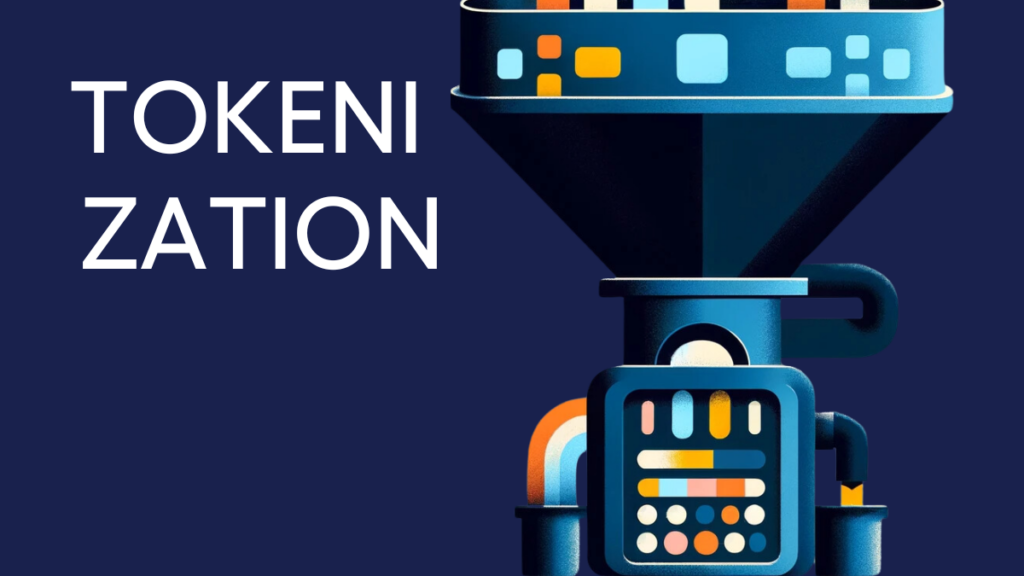
Tokenization Still a Fraction of Global Assets Despite Bitcoin’s Resurgence
Despite the resurgence in the price of Bitcoin and the growing interest in decentralized finance (DeFi), tokenization remains a tiny fraction of global assets. According to recent data, only around 67,530 entities, mostly institutions, have adopted asset tokenization outside of stablecoins, representing just 0.003% of the total value of global assets.
However, this is about to change as major financial players like BlackRock and Visa lead the charge in tokenization, prompting experts to suggest that it could be even more impactful than the internet. The technology has been slow to gain traction due to a lack of clear regulatory frameworks in the United States, with authorities often treating tokenized securities as cryptocurrencies.
But with Trump’s administration, new regulations more favorable to tokenization are expected. Additionally, companies like Visa and Mastercard are developing platforms to facilitate the issuance of fiat-backed tokens, which is accelerating interest and adoption across multiple industries.
Raj Dhamodharan, Executive Vice President at Mastercard, emphasized that this trend will not only reduce costs and transaction times but also make assets more liquid and accessible to a broader range of investors. As a result, tokenized assets under management are expected to reach $600 billion by 2030, a massive increase from the current $2 billion.
While some experts warn about the risks associated with tokenization, such as mispriced assets being sold to unsophisticated investors and analysts like Ervinas Janavicius from Capco arguing that much work remains before tokenization can fully maximize its potential and truly transform financial markets. In the long term, it has the potential to reshape how global financial systems operate.
In related news, some companies are already exploring innovative use cases for Bitcoin.
Source: crypto-economy.com


